On November 30, 2020, the Minister of Finance and Deputy Prime Minister Chrystia Freeland delivered the 2020 Fall Economic Statement.
This document will be updated as more information is reviewed.
Deficit
The 2020 projected deficit is $381B.
Rate Changes
Despite postulations, no changes were announced to personal or corporate income tax rates, the capital gains inclusion rate, wealth tax, or the rate of GST.
Working from home
To simplify the process for both taxpayers and businesses, the CRA will allow employees working from home in 2020 due to COVID-19 with modest expenses to claim up to $400, based on the amount of time working from home, without the need to track detailed expenses, and will generally not request that people provide a signed form from their employers. This measure will help taxpayers access deductions they are entitled to receive and simplify the tax filing process. Further detail will be communicated by the CRA in the coming weeks.
CEWS (Wage subsidy) and CERS (Rent subsidy)
CEWS (Wage subsidy) and CERS (Rent subsidy) for periods 11-13:
Furloughed CEWS
The Government proposes that the weekly wage subsidy for a furloughed employee from December 20, 2020 to March 13, 2021 be the lesser of:
the amount of eligible remuneration paid in respect of the week; and
the greater of:
$500, and
55 % of pre-crisis remuneration for the employee, up to a maximum subsidy amount of $595.
Employers will also continue to be entitled to claim under the wage subsidy their portion of contributions in respect of the Canada Pension Plan, EI, the Quebec Pension Plan and the Quebec Parental Insurance Plan in respect of furloughed employees.
CEBA
The application deadline for the Canada Emergency Business Account (CEBA) has been extended to March 31, 2021. No additional changes to CEBA were announced.
EI and Canada Recovery Benefits
No further changes were announced to the existing Employment Insurance program and Canada Recovery Benefits.
Employee Stock Options
As indicated in Budget 2019, limitations on the stock option deduction will be introduced. Further details have been released in respect of a $200,000 limit, tax treatment for employees and employers, and charitable donations.
GST/HST on Cross-Border Digital Products and Cross-Border Services
To improve the collection of the GST/HST and level the playing field between resident and non-resident vendors, the Government proposes that non-resident vendors supplying digital products or services (including traditional services) to consumers in Canada be required to register for the GST/HST and to collect and remit the tax to the CRA on their taxable supplies to Canadian consumers. In many instances, digital products or services may also be supplied to consumers in Canada through digital platforms that facilitate sales of third-party vendors (hereinafter referred to as a “distribution platform”). To ensure that the GST/HST applies equally to these supplies, it is also proposed that distribution platform operators be generally required to register for the GST/HST and to collect and remit the tax on the supplies that these platforms facilitate of digital products or services of non-resident vendors to Canadians.
To facilitate compliance with these requirements – and to be consistent with the Organisation for Economic Co-operation and Development’s recommendations on the digital economy and the actions taken by many other jurisdictions – a simplified GST/HST registration and remittance framework would be available to non-resident vendors and non-resident distribution platform operators that are not carrying on business in Canada (e.g., have no permanent establishment in Canada).
Other GST
Proposals have also been made in respect of:
GST/HST Relief on Face Masks and Face Shields
Application of the GST/HST in Relation to E-commerce Supplies
GST/HST on Goods Supplied through Fulfillment Warehouses
Purchases by GST/HST Registered Businesses
GST/HST on Platform-based Short-Term Accommodation
Canada Child Benefit
Families entitled to the Canada Child Benefit will receive four additional payments in 2021 for children under age six. Families with income under $120,000 will receive $300 per child under age six, and those with higher income will receive $150 per child under age 6.


